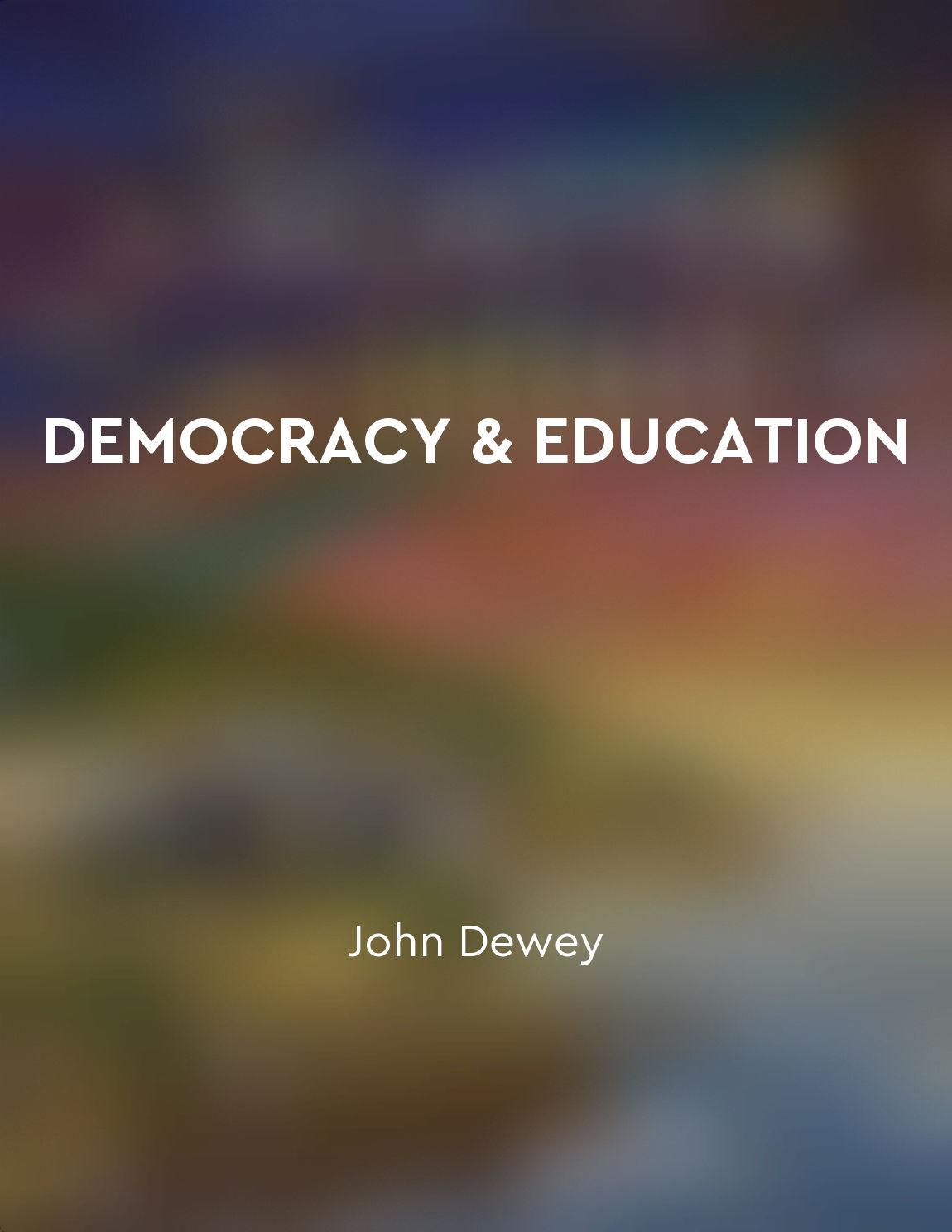Electoral Process and Election Commission from "summary" of Objective Indian Polity General Studies Paper - 1 by M. Laxmikanth
The Electoral Process in India is overseen by the Election Commission, an independent body responsible for conducting free and fair elections in the country. The commission is tasked with ensuring that elections are conducted in a transparent and impartial manner, in accordance with the rules and regulations set forth in the Constitution of India. The electoral process in India is a complex and multi-stage affair that involves a number of key players, including political parties, candidates, voters, and election officials. The process begins with the announcement of the election schedule by the Election Commission, which sets out the dates for various stages of the electoral process, such as the filing of nomination papers, the campaigning period, and the polling day. Political parties play a crucial role in the electoral process, as they are responsible for fielding candidates and mobilizing voters to support their cause. Candidates must file nomination papers with the Election Commission in order to run for office, and must adhere to strict rules regarding campaign financing and conduct during the campaigning period. Voters are the most important stakeholders in the electoral process, as they have the power to elect their representatives and shape the future of the country. It is essential that voters are able to cast their ballots freely and without fear of intimidation or coercion, and the Election Commission plays a key role in ensuring that this is the case. Election officials are responsible for overseeing the various stages of the electoral process, including voter registration, polling, and the counting of votes. These officials must adhere to strict guidelines and procedures set forth by the Election Commission, in order to ensure that elections are conducted in a fair and transparent manner.- The Electoral Process in India is a vital component of the country's democratic system, and the Election Commission plays a crucial role in ensuring that elections are conducted in a free and fair manner. By overseeing the various stages of the electoral process and enforcing the rules and regulations governing elections, the Election Commission helps to uphold the principles of democracy and ensure that the will of the people is reflected in the outcome of the elections.
Similar Posts

Fundamental Rights and Duties of Citizens
Fundamental Rights are an essential part of the Indian Constitution as they guarantee certain freedoms to the citizens. These r...
Concept of failed states and their impact on global order
Failed states are a significant challenge to the stability and order of the global system. When states fail to provide basic se...

Functions of the Parliament
The Parliament of India performs several vital functions in a democratic system. One of its primary functions is legislation. P...

Schools should teach students to be active citizens
One of the fundamental purposes of education is to prepare individuals to actively participate in democratic society. This mean...
Democracy fosters a sense of community and solidarity
In a democratic society, individuals come together not simply to assert their own rights and interests but also to deliberate o...

It establishes the framework for governance
The Constitution of India is the foundational document that lays down the framework for governance in the country. It is a comp...
Opposing tyranny is a moral imperative
It is evident that when a nation is under the oppressive rule of a tyrant, it is the duty of every individual to rise up agains...

